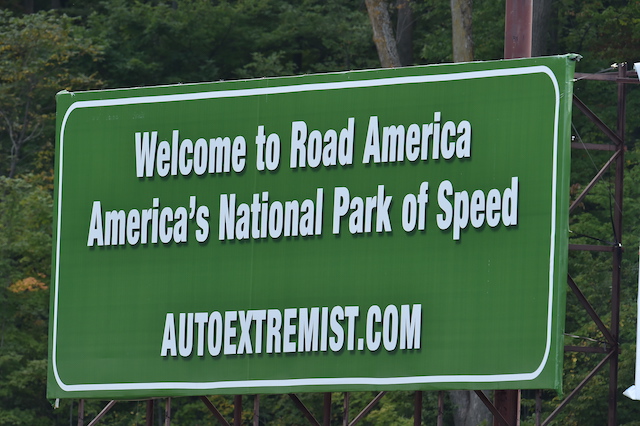

From the IMS Press Release:
|
Stock car racing legend Bobby Allison, who also made two Indianapolis 500 starts in the 1970s with Team Penske, died Saturday, Nov. 9 in Mooresville, North Carolina. He was 86. Allison was one of the greatest drivers in NASCAR history, with his 85 victories fourth on the all-time win list at stock car racing’s highest level. His 336 top-five finishes are second only to Richard Petty. Allison also won the 1983 championship and finished runner-up five times during a Cup Series career that lasted from 1961 through 1988. He delivered on NASCAR’s biggest stages, winning the Daytona 500 in 1972, 1982 and 1988, and was triumphant in the Southern 500 four times and the World 600 three times. During the early 1970s, less-restrictive team contracts and sponsor commitments allowed drivers to cross over to other series, and Allison was drawn to the Indianapolis 500 after team owner Roger Penske noticed his speed in a Can-Am car during a test in late 1972 on the road course at Riverside, California. Penske suggested that Allison test an Indy car, and he was impressively quick during a trial run at Ontario (California) Motor Speedway, which had identical dimensions to Indianapolis Motor Speedway. That opened Allison’s eyes to the possibility of attempting to compete at Indy, and the family genes of speed already were confirmed in “The Greatest Spectacle in Racing” in 1970 when brother Donnie finished fourth and was named Rookie of the Year. Penske named Bobby Allison to his Indy 500 team in 1973 as teammates with defending winner Mark Donohue and oval specialist Gary Bettenhausen. Allison qualified 12th with a four-lap average speed of 192.308 mph, then the fastest speed ever by a rookie, aided by this being the second year the cars featured huge, bolt-on rear wings to substantially increase downforce. That promising qualifying run went up in smoke – literally – on the ill-fated Race Day in 1973 when a connecting rod broke on his Team Penske McLaren/Offenhauser on the first lap, relegating him to 32nd place. Allison did not return to Indy in 1974, shaken by the death of friend Swede Savage in July 1973 from injuries suffered in a crash in the 1973 Indianapolis 500. But Allison was back in Team Penske’s lineup in 1975, as teammate to Tom Sneva. Allison qualified 13th and spent nearly the entire first half of the race running in the top 10, including leading Lap 24 during pit stop cycles. He was running eighth when a gearbox failure ended his race after completing 112 laps. He was credited with a deceptive 25th-place finish in his second and final Indianapolis 500 start. He also made four other USAC Championship Trail starts in 1975 for Team Penske, with a best finish of sixth at Ontario. Florida native Allison then focused on NASCAR as the leader of a group of drivers who moved to Hueytown, Alabama, in the late 1950s to compete for higher purses on short tracks in that state, earning the moniker “The Alabama Gang.” Other early drivers in that “gang” included his brother Donnie and Red Farmer, with Jimmy Means, Neil Bonnett, Bobby Allison’s son Davey Allison and Hut Stricklin later affiliated with that group. Bobby Allison, then age 50, memorably held off his son Davey for victory in the 1988 Daytona 500. He also earned national attention nine years earlier when he jumped into a fight in the infield between his brother Donnie and Cale Yarborough on the last lap of the 1979 Daytona 500. Bobby Allison’s driving career ended in 1988 after he suffered serious injuries in a crash at Pocono Raceway. Allison’s accomplishments earned him induction into many racing Halls of Fame, including the second class of the NASCAR Hall of Fame in 2011, the Motorsports Hall of Fame of America in 1992 and the International Motorsports Hall of Fame in 1993. He was named as one of NASCAR’s 50 Greatest Drivers during the organization’s 50th anniversary in 1998 and again was acclaimed as one of NASCAR’s 75 Greatest Drivers during the 75th anniversary celebration in 2023. Allison also was named NASCAR’s Most Popular Driver six times. |

Editor's Note: This is our dearly departed billboard, which we had at Road America for several years. Peter gifted the phrase "America's National Park of Speed" to the track, which now uses it proudly in all of its communications. -WG
Editor's Note: Click on "Next 1 Entries" at the bottom of this page to see previous issues. - WG